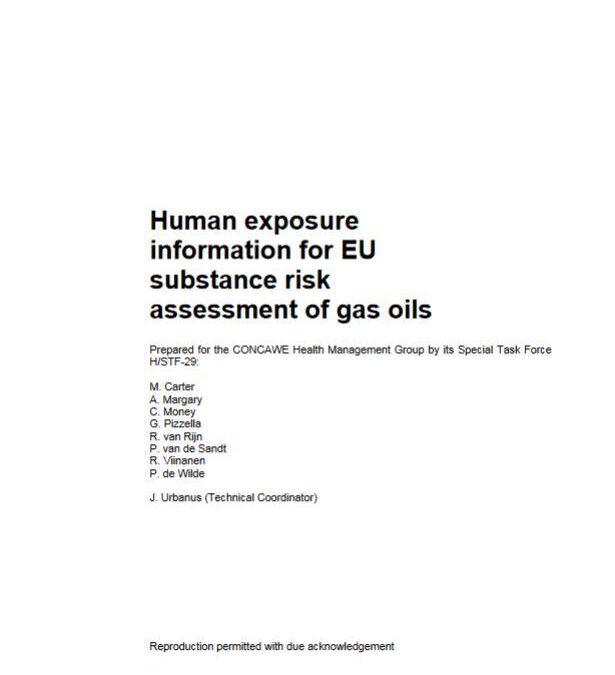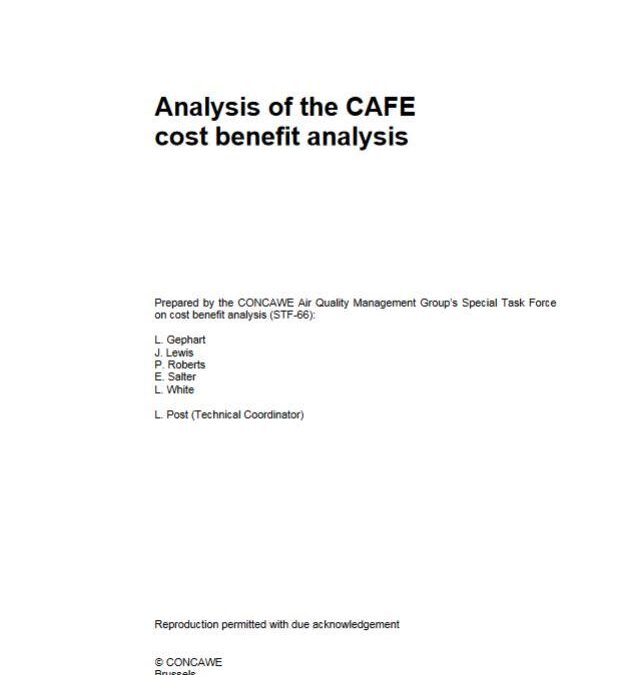

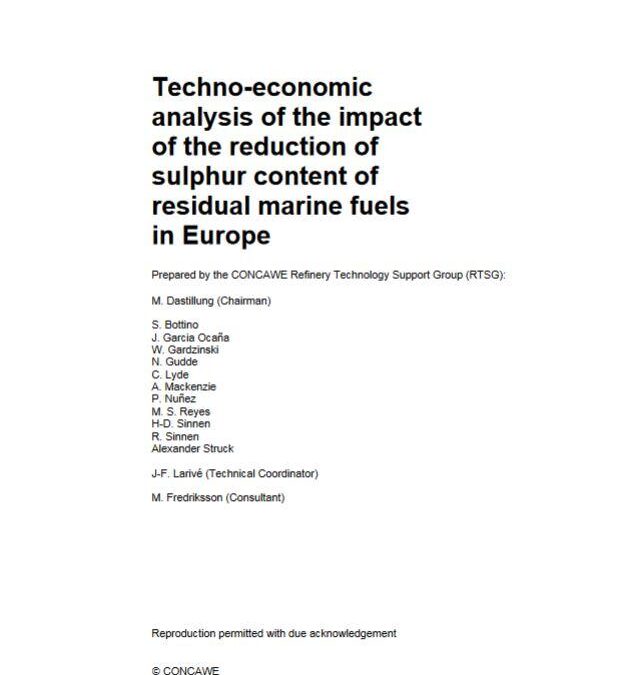
Techno-economic analysis of the impact of the reduction of sulphur content of residual marine fuels in Europe
Report no. 2/06: Annex VI of the IMO’s MARPOL convention is coming into force in 2006 for the Baltic Sea and 2007 for the North Sea, imposing a 1.5% m/m sulphur cap on residual marine fuel (RMF) burned in these areas. At the same time EU Directive2005/33/EC will...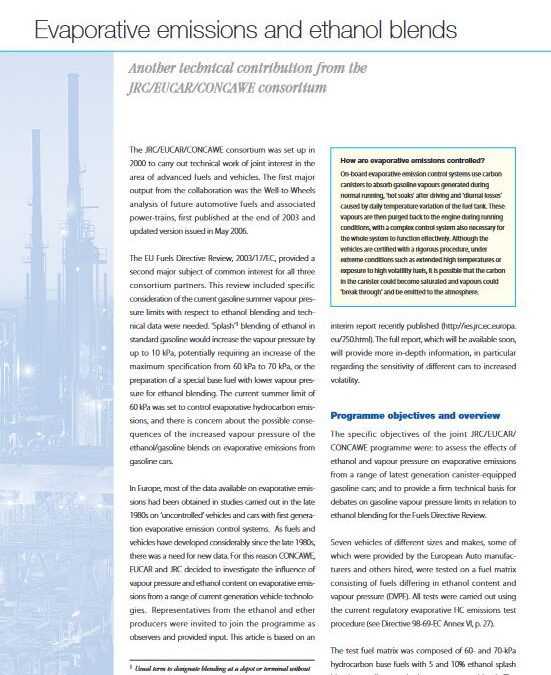
Evaporative emissions and ethanol blends
The JRC/EUCAR/CONCAWE consortium was set up in 2000 to carry out technical work of joint interest in the area of advanced fuels and vehicles. The first major output from the collaboration was the Well-to-Wheels analysis of future automotive fuels and...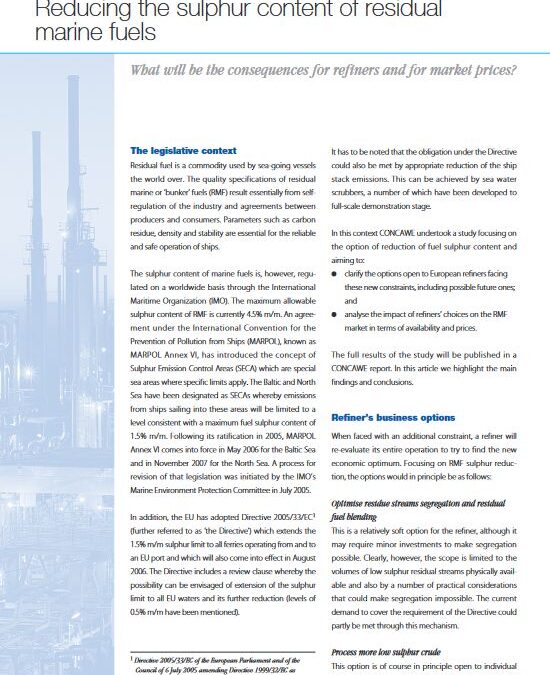
Reducing the sulphur content of residual marine fuels
The legislative context Residual fuel is a commodity used by sea-going vessels the world over. The quality specifications of residual marine or ‘bunker’ fuels (RMF) result essentially from self regulation of the industry and agreements between producers and consumers....